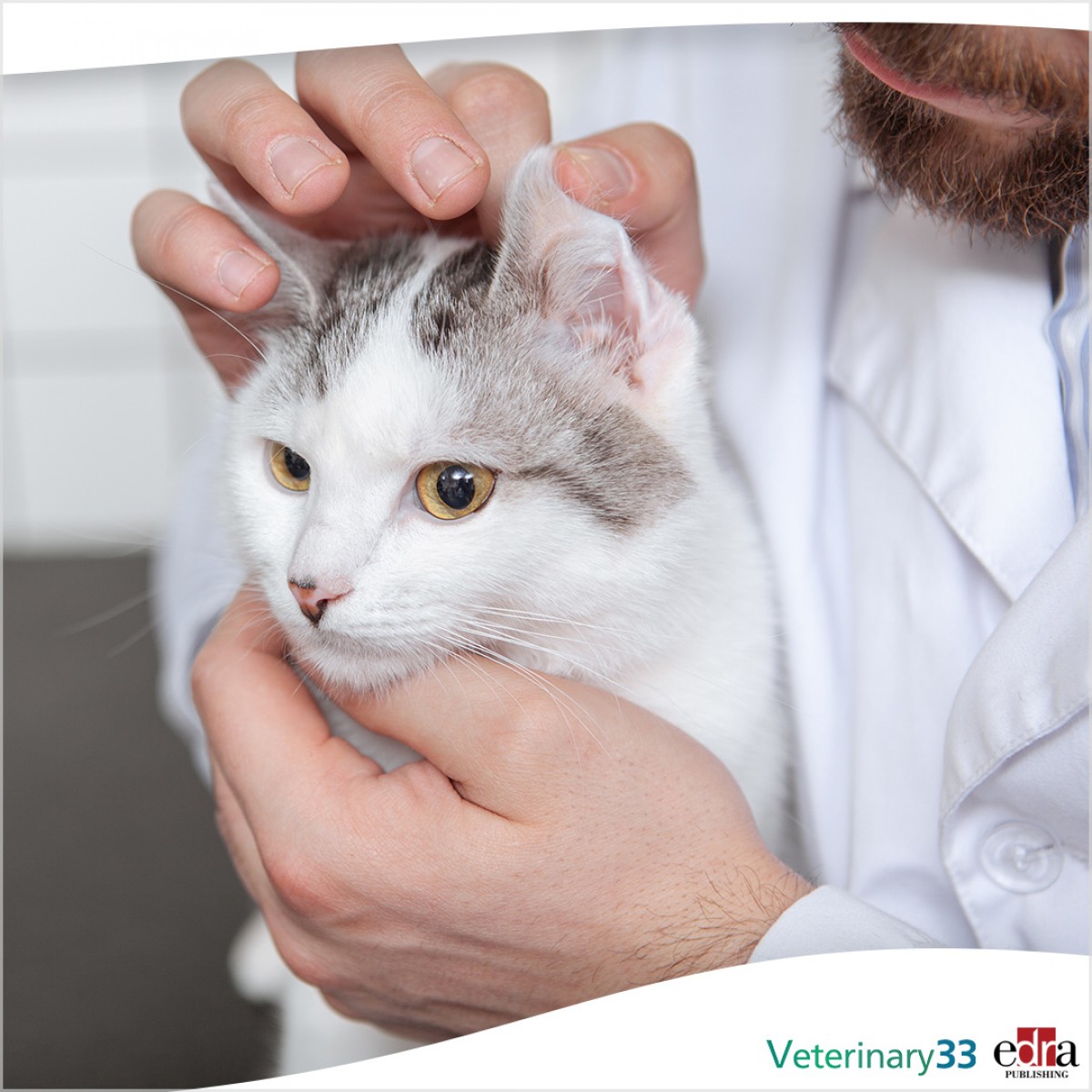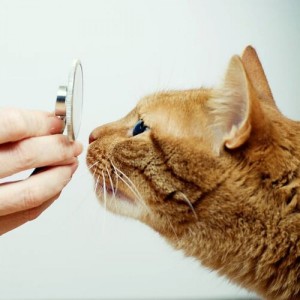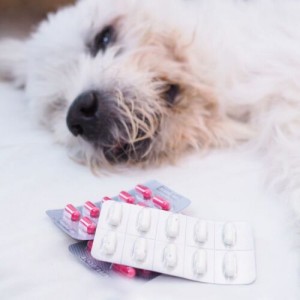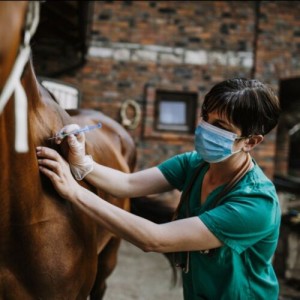Feline Health Studies Receive Grants
EveryCat Health Foundation (ECHF), formerly Winn Feline Foundation, supports groundbreaking research and education to support feline health. ECHF is the world’s only nonprofit organization focused solely on feline health research, and their accomplishments include discovering taurine’s role in feline dilated cardiomyopathy, identifying feline blood types, and developing an in-clinic feline leukemia test. In December 2021, ECHF partnered with the George Sydney and Phyllis Redman Miller Trust and funded $222,128 for eight feline health studies.
Impact of a secondary bile acid on the feline gut
Researchers from The Ohio State University College of Veterinary Medicine were granted $26,437 to research the impact of the secondary bile acid ursodeoxycholic acid (Ursodiol) on the feline gut microbiota and metabolome.
- Background — Ursodiol is a naturally-occurring bile acid approved by the Food and Drug Administration (FDA) to treat many liver and gastrointestinal diseases in human and veterinary medicine. While Ursodiol is commonly used in veterinary medicine, the drug’s impact on the feline intestinal ecosystem is unknown. Evidence suggests that bile acids, such as Ursodiol, may alter the gut microbial composition, affecting the host’s physiological response during health and disease.
- Goal — The study’s goal is to evaluate the effect of oral Ursodiol administration on the feline gut microbiota and microbial metabolites, to determine if the drug could be used to treat cats suffering from issues such as liver, gastrointestinal, and kidney disease.
Tryptophan catabolites role in cats with chronic enteropathies
Researchers from the University of Illinois were granted $32,880 to investigate the role of microbial indole catabolites of tryptophan in host-microbiome cross-talk in cats with chronic enteropathies.
- Background — Changes in intestinal microorganisms are associated with inflammatory bowel disease (IBD) and small cell lymphoma (SCL) in cats. Microbes convert dietary tryptophan into chemicals, called indoles, as one way to regulate intestinal health. Decreased microbial indole generation causes inflammation and intestinal damage, and preliminary studies have demonstrated decreased indoles in the feces and decreased tryptophan in the blood of cats with IBD and SCL.
- Goal — The study’s goal is to identify the role of intestinal microbes in altered metabolism in cats with IBD and SCL.
Evaluation of an unlicensed antiviral therapy for feline infectious peritonitis
Researchers at The Ohio State University, College of Veterinary Medicine were granted $4,500 to perform a prospective evaluation of unlicensed GS-441524-like antiviral therapy for treatment of feline infectious peritonitis (FIP).
- Background — FIP is a common viral feline disease that was considered fatal until recently. In 2018, the antiviral compound GS-441524 was found to be an effective FIP treatment in laboratory and privately owned cats. However, this compound is patented, and not available for veterinary use.
- Goal — The study’s goal is to prospectively evaluate the at-home use of GS-441524-like antiviral drugs to treat FIP by surveying users of these compounds. A second goal is to quantify the concentration, purity, and acidity of popular brands of unlicensed GS-441524-like compounds sold on the internet.
The prognostic value of galectin 3 in feline heart failure
Researchers at the University of Illinois were granted $22,850 to investigate the prognostic value of circulating galectin 3 in feline heart failure.
- Background — Worldwide estimates indicate that more than 10% of cats are affected by cardiovascular disease, and determining an affected cat’s prognosis can be difficult. Echocardiograms are the best method, but these diagnostic tests are expensive and not available to every general practitioner. Galectin 3 has been used as a prognostic biomarker for heart disease in humans.
- Goal — The study’s goal is to determine if a simple blood test to measure galectin 3 can provide prognostic information for cats with heart failure.
Enhanced stromal cells to treat feline gingivostomatitis
Researchers at the University of California (UC)-Davis were granted $34,684 to investigate the non-genetic enhancement of feline adipose mesenchymal stromal cell immunomodulation with adenosine-loaded nanoparticles.
- Background — A UC-Davis clinical study demonstrated that refractory gingivostomatitis could be cured by injecting fat-derived stem cells. However, although many cats were cured, some did not respond to treatment.
- Goal — This study’s goal is to enhance the allogeneic stem cell effectiveness by coating them with nanoparticles carrying adenosine.
Precision medicine genomics for cats
Researchers at the University of Missouri, College of Veterinary Medicine were granted $34,945 to reevaluate cat genomes in the 99 Lives Cat Genome Sequencing Project’s consortium.
- Background — Precision medicine genomics uses an individual’s genetic information to determine the cause of a specific health problem, and to produce targeted treatments. The 99 Lives Cat Genome Sequencing Project in conjunction with the Lyons laboratory at the University of Missouri collates available cat genomes and conducts genetic analysis to help find the DNA variants causing feline heritable diseases and traits. A new reference for the cat genome has been produced.
- Goal — This endeavor’s goal is to reevaluate the more than 400 genome sequences in the consortium using the new cat reference, and to provide the data to the cat research community.
Investigating pectus excavatum in cats
Researchers at Texas A&M College of Veterinary Medicine and Biomedical Sciences were granted $30,926 to investigate pectus excavatum (PE) in cats using rigorous phenotyping and population scale high throughput sequencing.
- Background — Thoracic deformity, such as PE, is more prevalent in certain breeds, but present in all. The lab has passively collected PE DNA samples for more than 10 years, and has assembled enough data for a genome wide analysis.
- Goal — The study’s goal is to identify the genomic variation influencing PE occurrence and severity.
Determining the genetics underlying diabetes mellitus in the domestic cat
Researchers at Cornell University College of Veterinary Medicine were granted $34,906 to investigate the genetics underlying diabetes mellitus in the domestic cat.
- Background — Diabetes is one of the most common feline diseases diagnosed by veterinarians in the United States, but little is known about the underlying genetics.
- Goal — The study’s goal is to identify regions in the cat genome associated with diabetes mellitus, and to use the information to develop a genetic screening test.
The information garnered from these eight studies will lead to advances in feline veterinary medicine, and help improve the health and wellbeing of cats worldwide.









List
Add
Please enter a comment